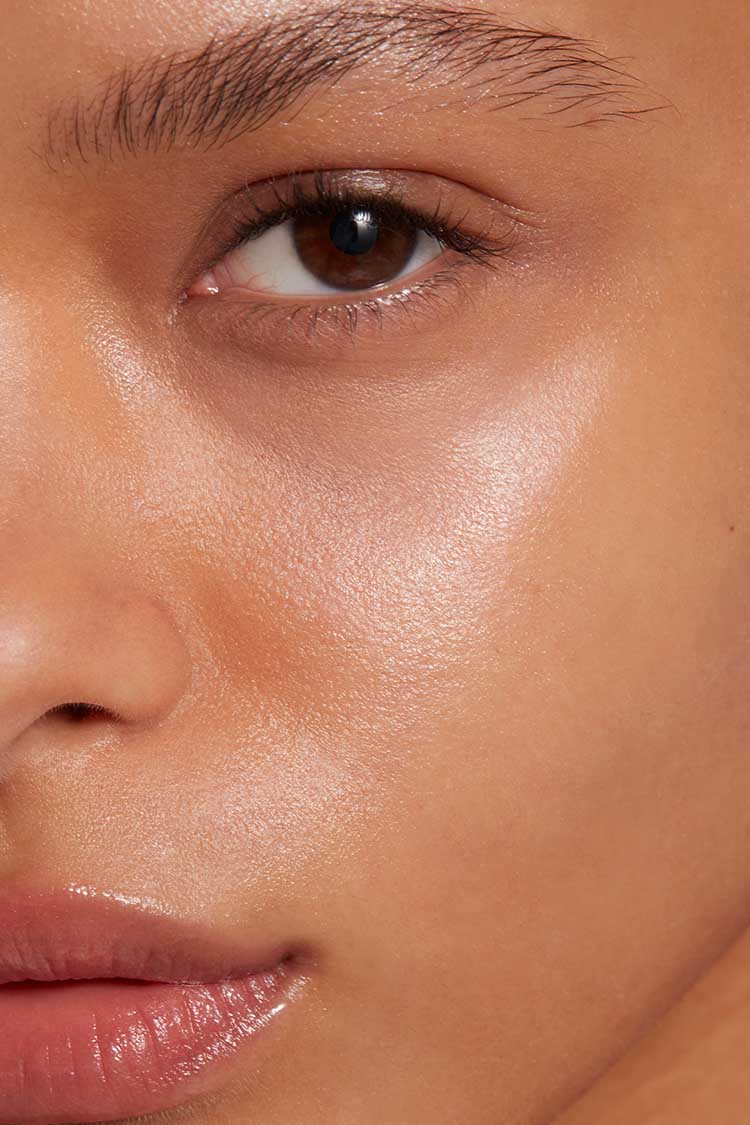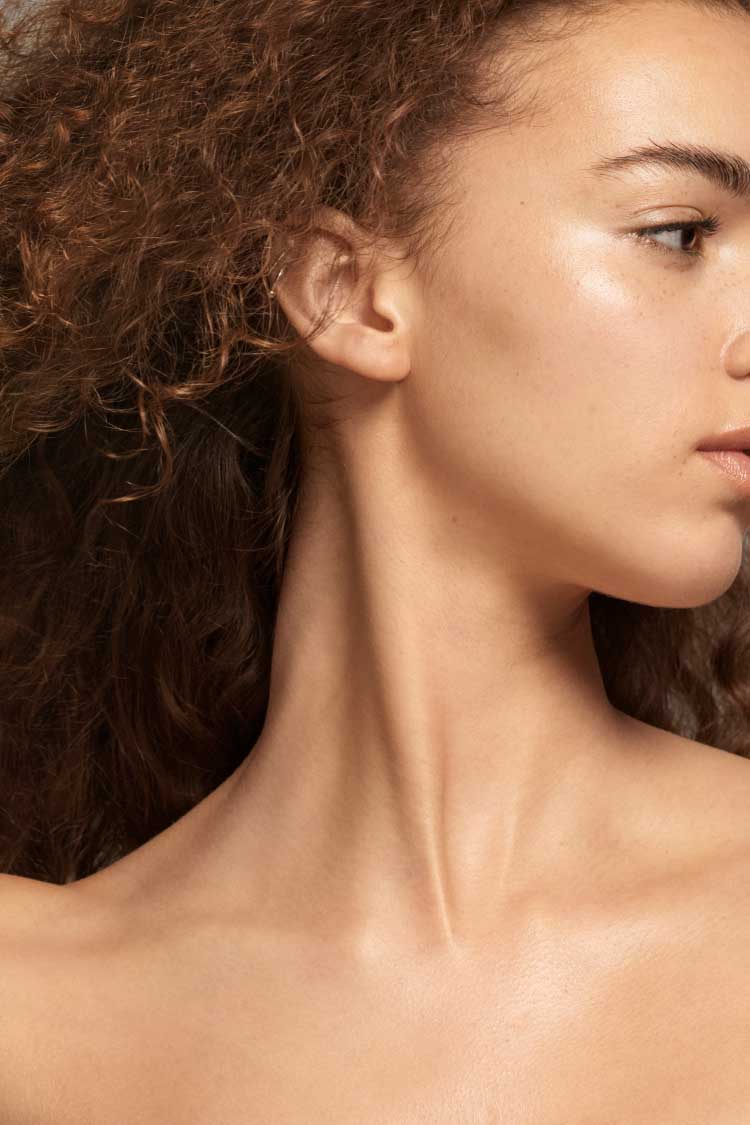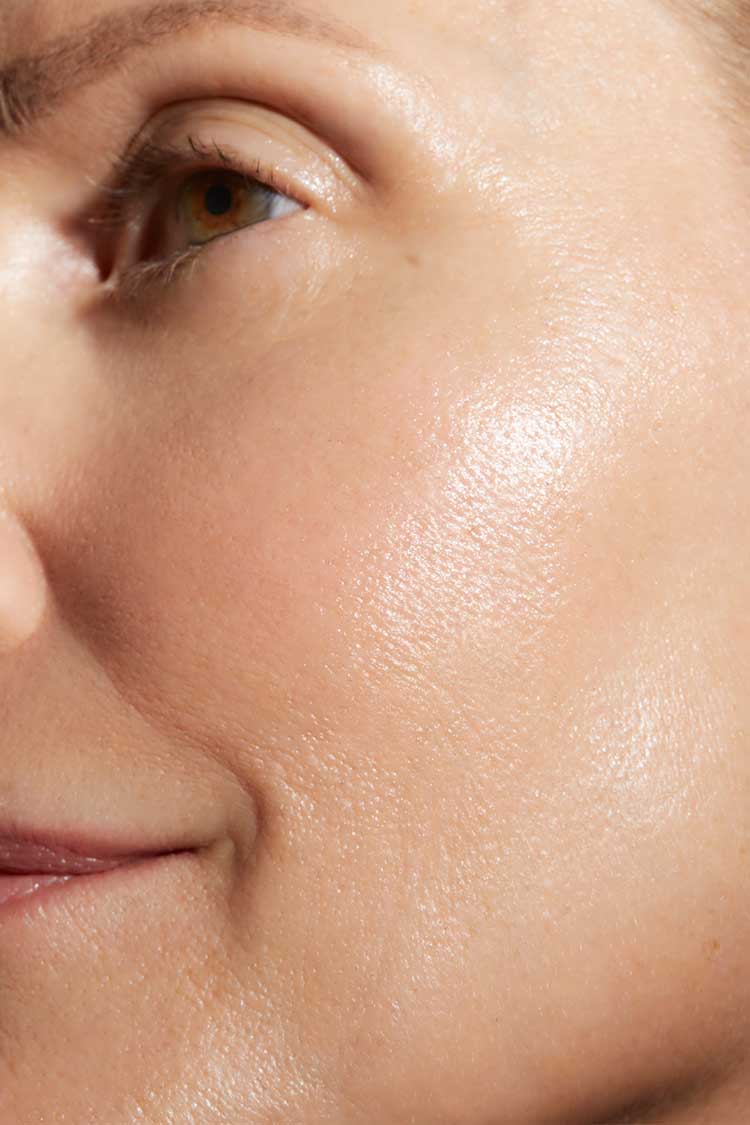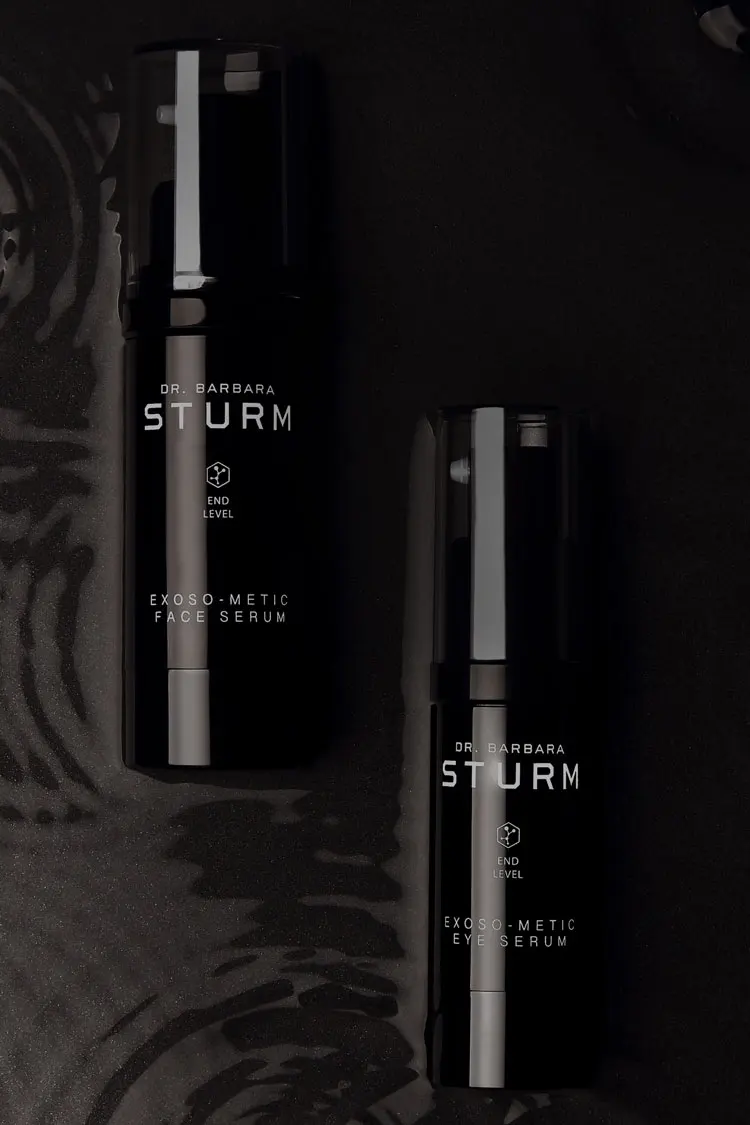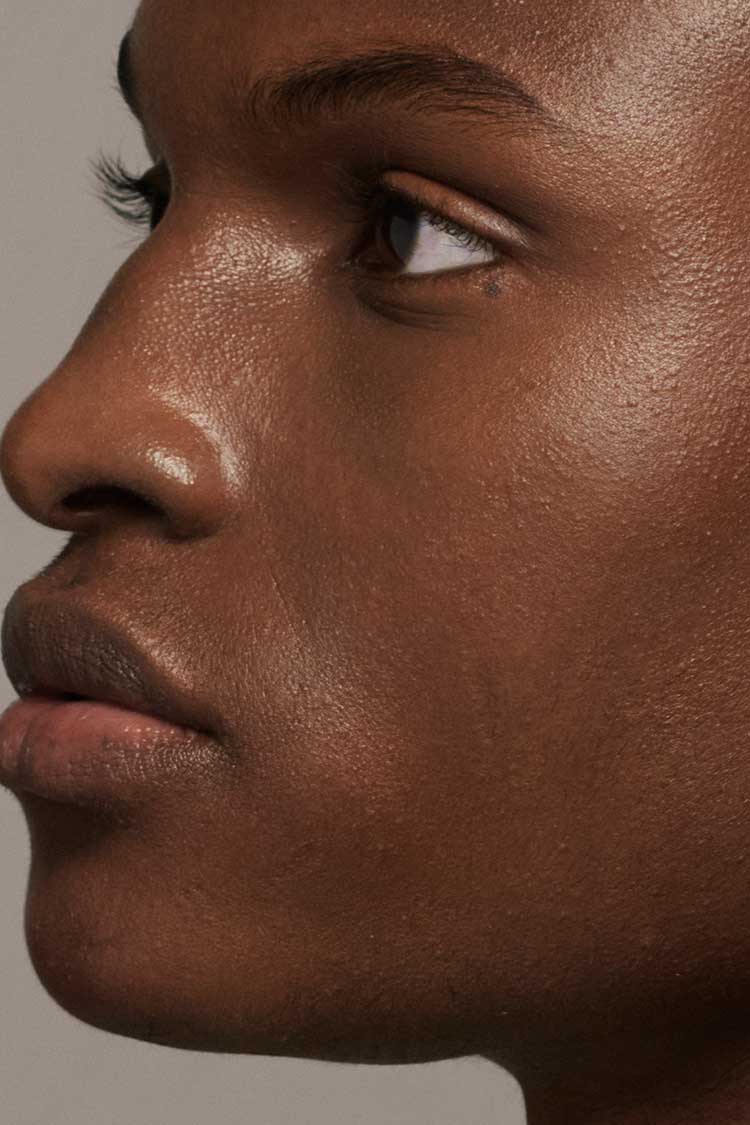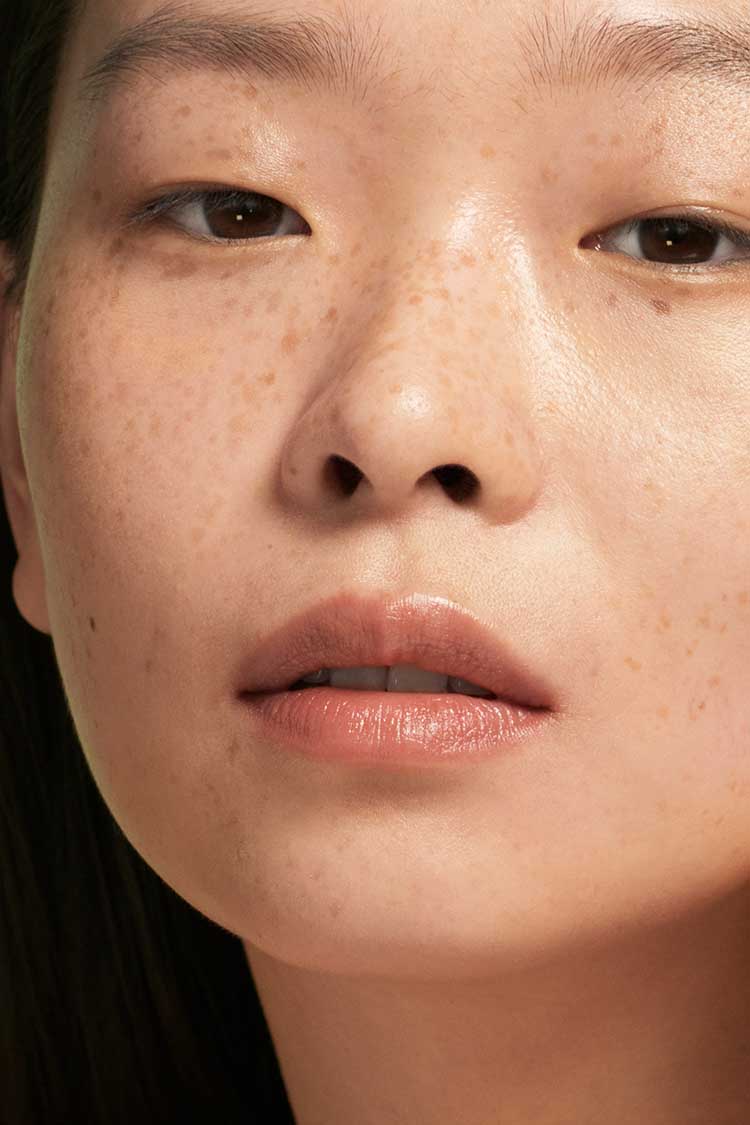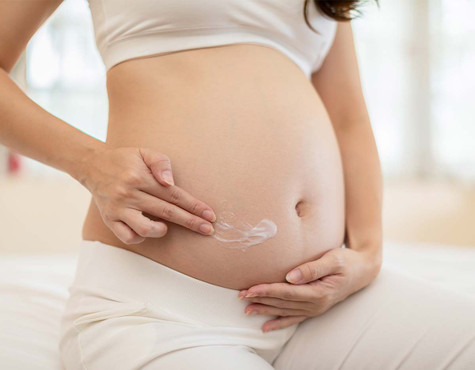How do I look after my skin during pregnancy?
31st Oct 2022
When you’re expecting a baby there are many things to consider to ensure a safe and healthy pregnancy. However, we often overlook what products we use on our skin, which can absorb into the bloodstream and cross the blood-placenta barrier. When you’re pregnant, the body’s progesterone levels are also heightened, which can have effects on the skin such as acne, melasma, dryness and a weakened skin barrier. But that doesn’t mean you should avoid taking care of your skin during pregnancy – here’s what you need to know:
LEFT: Emily’s skin with pigmentation post-pregnancy
RIGHT: Emily’s skin after following a routine prescribed by Dr. Sturm
READ MORE
Which skincare ingredients should we avoid during pregnancy?
One of my fundamental beliefs is that healthy skin cells should be nurtured rather than destroyed, and inflammation and its triggers must be avoided. I always advise against an approach deploying acids like retinol, especially when pregnant, and avoiding hydroquinone, an aggressive bleaching agent, as they absorb quickly into the skin and bloodstream, and thus can cross the placenta. Topical use of retinol and retinoids may also contribute to high levels of Vitamin A in the body, which can cause potential harm to the fetus.
Are essential oils safe to use?
Essential oils can have medicinal uses outside of pregnancy, but I recommend not ever using them directly on the skin, especially on the face, as they can cause irritation, inflammation, or allergic reactions. Essential oils can also cause uterine contractions and adversely affect the fetus, especially in the early stages. In particular, you should avoid fennel, clary sage, marjoram, tarragon, caraway, cinnamon, thuja, mugwort, birch, wintergreen, basil (estragole CT), camphor, hyssop, aniseed, sage, tansy, wormwood, parsley seed or leaf, and pennyroyal.
Which products help combat the effects of pregnancy on the skin?
A lot of people suffer from hormonal breakouts during pregnancy caused by increased sebaceous gland activity, which can lead to skin conditions such as acne gravidarum, as well as hormonal hyperpigmentation called melasma. First and foremost, sun protection is fundamental, although pregnant women should avoid using chemical sunscreens and opt for products that contain actives like Zinc Oxide or Titanium Oxide instead (mineral or physical sunscreens) as the product sits on top of the skin, rather than being absorbed, and is hypoallergenic. I also recommend a combination of products from both the DARKER SKIN TONES LINE and the BRIGHTENING LINE. The DARKER SKIN TONES LINE has added ingredients like African Whitewood that helps control sebum production and mitigates breakouts, whilst Lumicol helps even skin tone. For added pigmentation support, the BRIGHTENING LINE gently treats discoloration without the use of harsh bleaching agents.
How can I be sure I’m using the right products while pregnant?
If you are ever unsure about the ingredients in a product, consult your doctor before using it while pregnant.
Are your products safe to use while pregnant?
Yes, all of my products are safe for use when pregnant; but I always recommend consulting your doctor or dermatologist before taking supplements or using a new product when you’re expecting. Everyone’s skin is different, and so is everyone’s pregnancy.
What ingredients can be used on your baby once they are born?
I recommend using simple and natural ingredients and staying away from anything that contains fragrance, alcohol, or additives that may dry out or harm a baby’s delicate skin. So many products for kids contain these things, which is why I produced my BABY & KIDS COLLECTION. I developed this line especially for my daughter, Pepper, because I had such a hard time finding safe products on the market for her. Children’s skin is much more sensitive than adult skin, and prone to perioral dermatitis, eczema, allergies, and other skin dysfunctions if we do not take correct care of it. In fact, putting the wrong ingredients or using the wrong approach on children’s skin can trigger or worsen those skin dysfunctions.
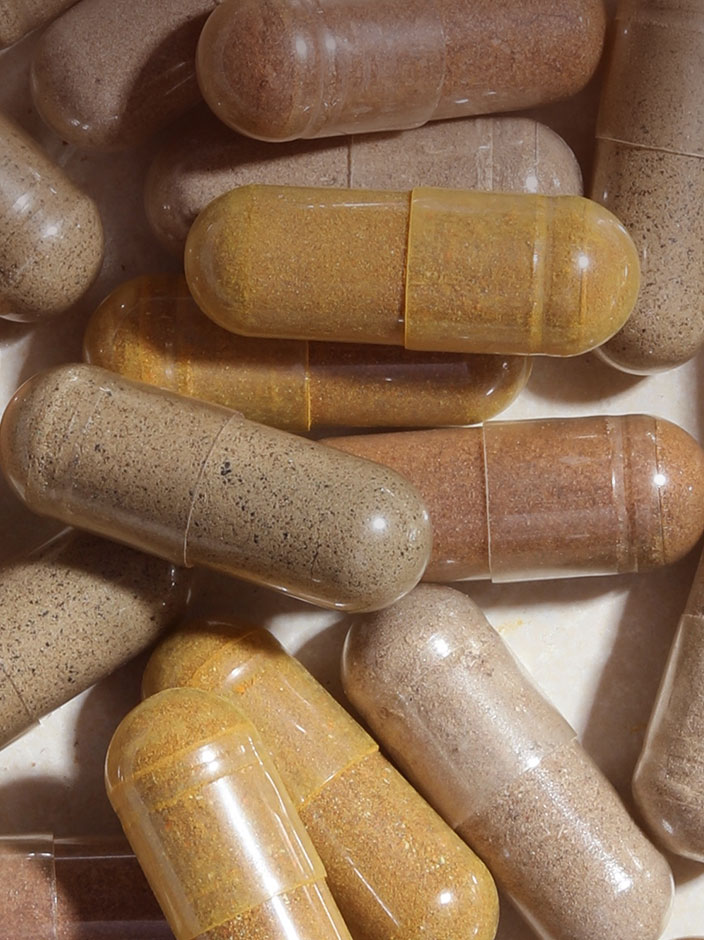

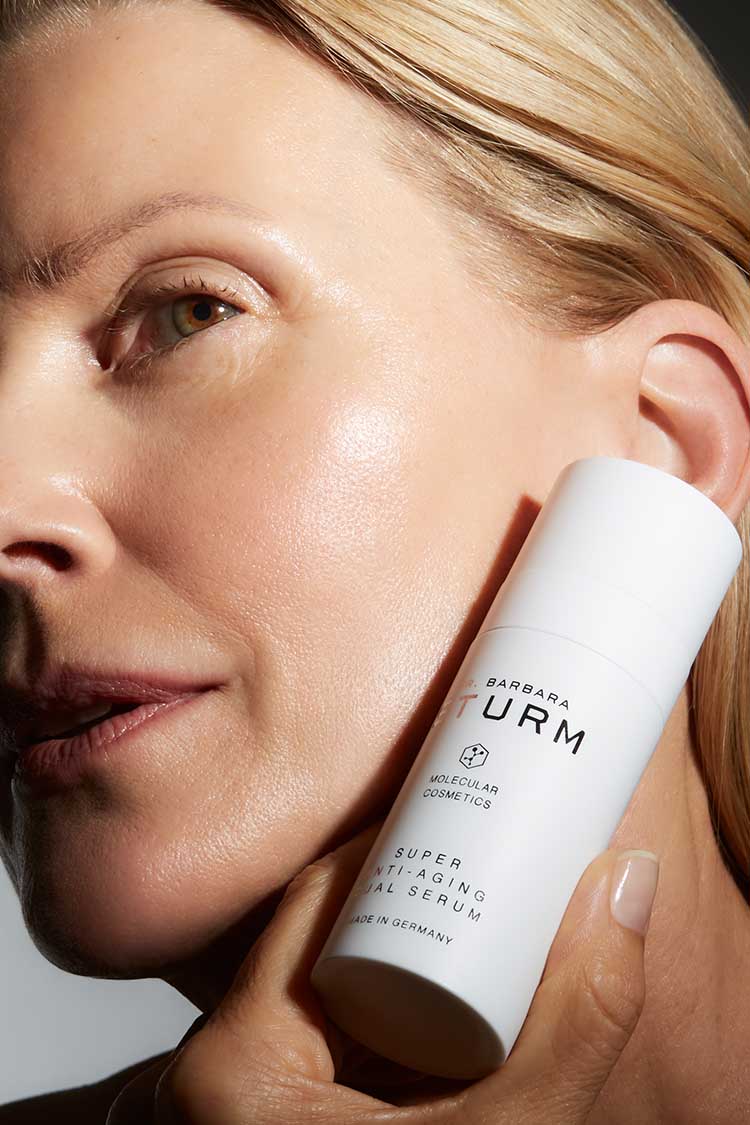
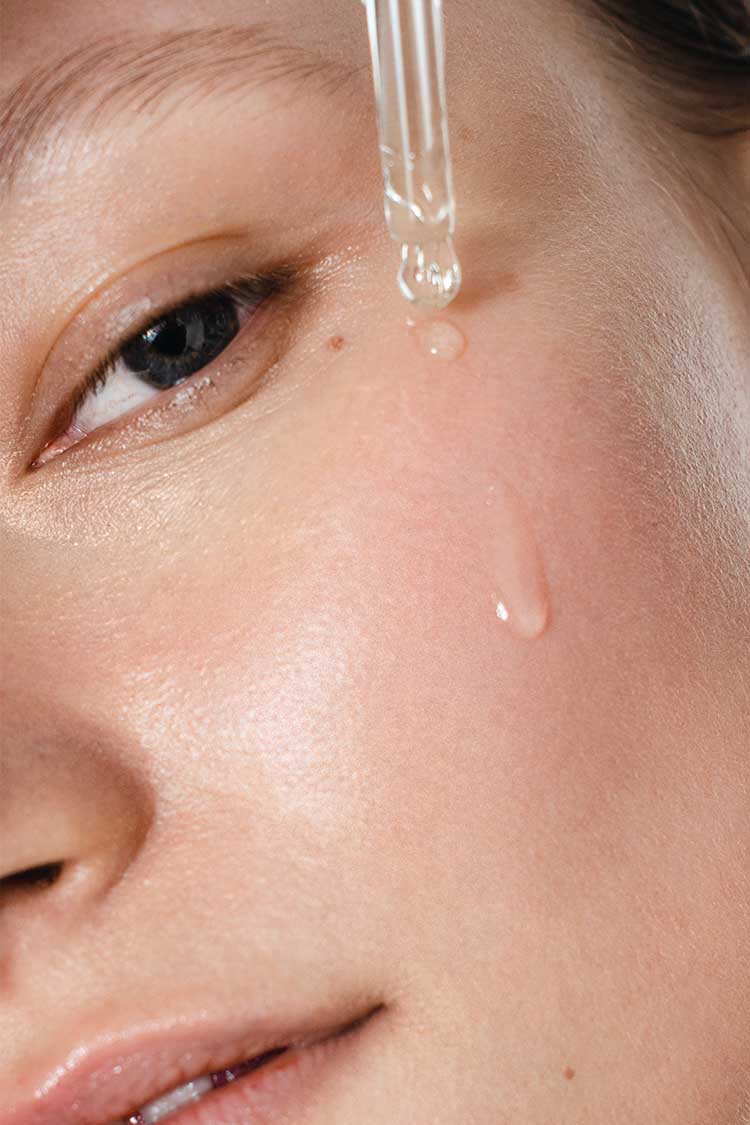
.jpg)
